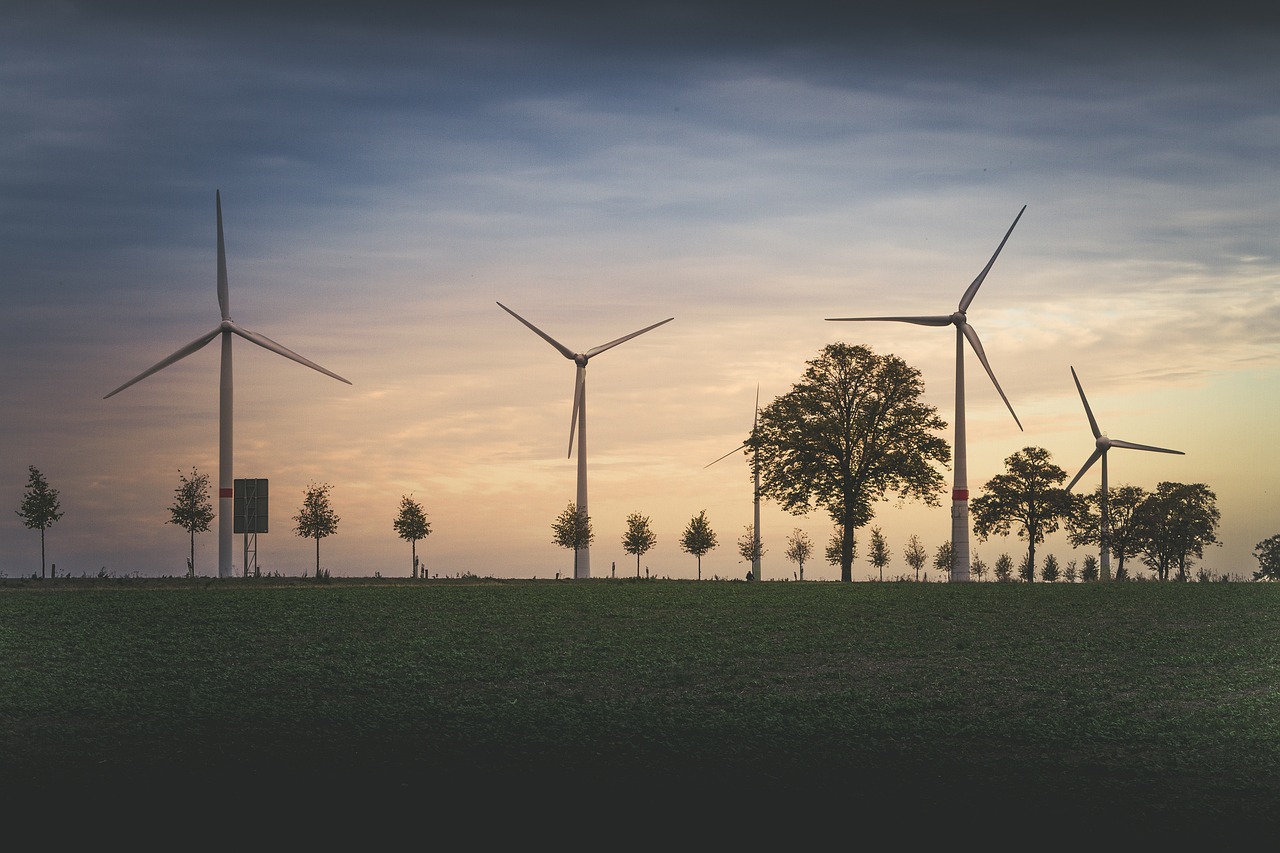The shift towards sustainability has now become one of the major trends of the 21st century workforce. Climate change and environmental concerns are now central to our lives and many industries worldwide are adapting to greener policies, which is leading to the rise of green jobs. These roles are oriented towards decreasing carbon footprints, developing sustainable technologies and strategies and restructuring conventional industries to make them more environmentally friendly.
Green jobs are not a passing trend; they are here to stay as governments, corporations and societies strive to achieve climate goals. This article looks at how green jobs are defining the future workforce, which sectors are growing most, and the skills anyone working in this evolving field will need.
Major Industries Driving the Green Job Growth
Several industries are leading the way in the green job movement, creating employment opportunities that are consistent with sustainability goals. Some of the most significant include:
- Renewable Energy – The transition to wind, solar and hydroelectric power is creating demand for engineers, project managers, and maintenance technicians.
- Sustainable Construction – The increase of eco-friendly architecture and green urban planning has raised the need for energy efficient building specialists.
- Electric Mobility & Transportation – With the shift toward electric vehicles and sustainable transit systems, careers in battery technology, EV infrastructure and public transportation innovation are growing.
- Waste Management & Circular Economy – The focus on recycling, sustainable packaging, and the reduction of industrial waste is leading to new jobs in environmental conservation.
- Environmental Science & Policy – Researchers, policy advisors and climate strategists play a crucial role in developing regulations and sustainability initiatives.
These sectors not only promote environmental protection, but also create job opportunities for skilled professionals in an evolving workforce.
Skills Essential for Green Jobs
This is because sustainability is now a major factor in job creation, so people who want to work in green industries must have certain skills. Some of the most in-demand skills are listed below:
- Technical Knowledge of Sustainability – We need deep knowledge of energy efficiency, renewable energy systems, and sustainable resource management.
- Data Analysis and Environmental Assessment – Some positions entail the responsibility of calculating carbon footprints, performing sustainability audits, and analyzing environmental information.
- Project and Policy Management – Sustainable initiatives need people who can coordinate large sustainability projects and meet environmental standards.
- Cross-Industry Collaboration – Many green jobs imply the need for collaboration between different industries, which demands proper communication skills to ensure the successful implementation of sustainability plans.
These skills will be important for people who want to work in the green economy for the long term.
The Economic Impact of Green Jobs
Green jobs are not only a response to environmental concerns but also a engine of economic development in growth. The World Economic Forum has indicated that the green economy could create 24 million jobs globally by 2030. However, this presents exciting opportunities, but it also has its workforce challenges.
On the other hand, green jobs:
- Create employment opportunities in new sectors such as renewable energy, electric transportation and sustainable agriculture.
- Promote the investment in innovation, which results in new technologies and more resources for sustainability projects.
- Enhance workforce stability by creating steady employment in sectors that support climate policies and energy transition.

However, there are some issues to be solved, such as:
- The necessity of large-scale programs for workers to retrain for new jobs in sustainable industries.
- High initial costs of implementing green infrastructure, which may slow down job growth in certain industries.
- Policy risk, as different governments have different levels of support to sustainability regulations.
To this end, businesses, policymakers, and educational institutions must work together to ensure a smooth transition to a sustainable economy for green jobs to have a lasting impact.
Future Trends in Green Employment
Looking ahead, several key trends are expected to define the future of green jobs:
- Corporations Committing to Net-Zero Goals – Sustainability will be integrated more into the core strategies of businesses, which will increase the demand for environmental consultants and sustainability officers.
- Advancements in Clean Technology – Job creation will be driven by innovations in energy storage, electric mobility, and waste reduction.
- Government Regulations Supporting Green Growth – Stronger environmental policies will result in more positions in compliance, policy advising, and environmental auditing.
- Shifts in Higher Education and Workforce Training – Sustainability-related fields will be prioritized for universities and vocational programs to equip workers with relevant skills.
These factors will ensure that green jobs continue to evolve, providing long-term career opportunities across multiple industries.
Green jobs are therefore playing a major role in defining the contemporary workforce as more industries embrace sustainability and environmental stewardship. This is because fields like renewable energy, sustainable construction, and green transportation are growing in demand indicating growth in eco-friendly jobs. However, for green jobs to fulfill their role, governments, businesses, and people must solve issues like workforce reskilling, infrastructure investment, and regulatory adaptation. Therefore, as the sustainable economy transition continues, green jobs not only lead to growth of the economy but also to a better and more sustainable future. It is not just an industry trend, but a fundamental change of the structure of work – for the better of workers, for the planet, and for the future.

